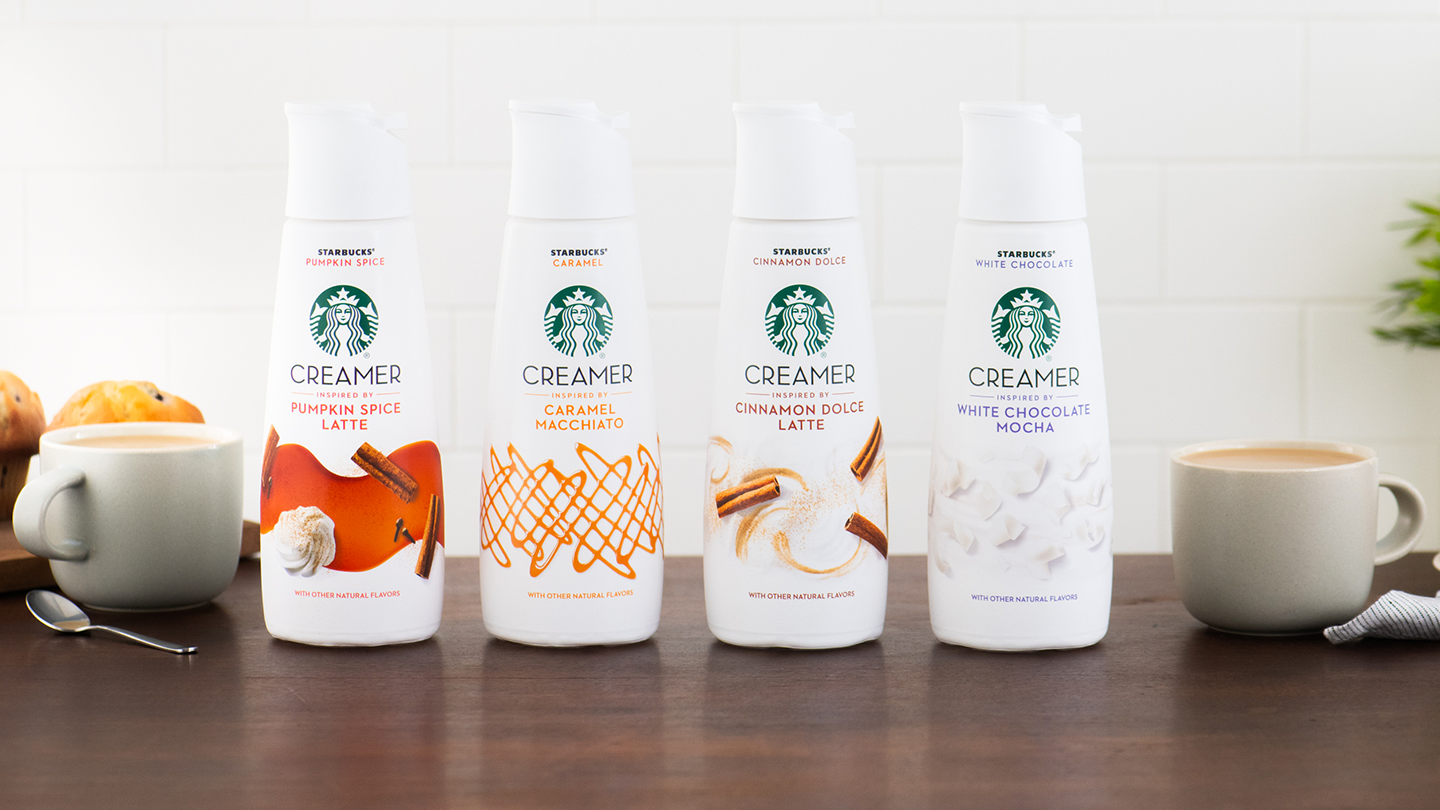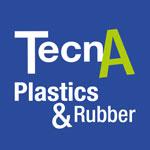Led by The Recycling Partnership and World Wildlife Fund in partnership with the Ellen MacArthur Foundation, the U.S. Plastics Pact will unify approaches to rethink the way we design, use, and reuse plastics
Today, Nestlé has joined the U.S. Plastics Pact, a collaborative, solutions-driven initiative bringing together industry and social organizations to drive significant systemic change by unifying diverse cross-sector approaches, setting a national strategy, and creating scalable solutions to create a path forward toward a circular economy for plastics in the United States by 2025. The first North American Pact of its kind, the U.S. Pact is a collaboration led by The Recycling Partnership, World Wildlife Fund (WWF), and Ellen MacArthur Foundation.
As part of the U.S. Pact, activators like Nestlé recognize that significant, system wide change is imperative to realize a circular economy for plastics. As such, the U.S. Pact will convene more than 60 brands, retailers, NGOs, and government agencies across the plastics value chain to bring one voice to U.S. packaging through coordinated initiatives and innovative solutions for rethinking products, packaging, and business models.

“Our vision at Nestlé is that none of our packaging, including plastics, ends up in a landfill or as litter,” said Nicole Collier, Director of Government Affairs at Nestlé and recently appointed member of The Recycling Partnership’s Board of Directors. “The U.S. Plastics Pact’s ambitious goals align with that vision, and the coordinated approach complements our ongoing efforts to pioneer alternative packaging materials, support increased investments in recycling infrastructure, and drive recycling behavior in pursuit of a circular economy.”
As a founding activator of the U.S. Plastics Pact, Nestlé has agreed to collectively make efforts towards these four ambitious goals:
- Define a list of packaging to be designated as problematic or unnecessary by 2021 and take measures to eliminate them by 2025.
- By 2025, all plastic packaging is 100% reusable, recyclable, or compostable.
- By 2025, undertake ambitious actions to effectively recycle or compost 50% of plastic packaging.
- By 2025, the average recycled content or responsibly sourced bio-based content in plastic packaging will be 30%.
While the U.S. Pact follows the ambitious precedents set by the existing global network of Plastic Pacts, it will be tailored to meet the unique needs and challenges of the U.S. market. The Pact will reflect national priorities and realities, while still propelling the nation closer to other developed nations in its management of plastic waste.
“Together through the U.S. Plastics Pact, we will ignite system change to accelerate progress toward a circular economy,” says Sarah Dearman, Vice President of Circular Ventures for The Recycling Partnership. “The U.S. Pact will accelerate system wide change by inspiring and supporting upstream innovation through a coordinated national strategy, creating a unified framework and enabling members to accelerate progress toward our ambitious 2025 sustainability goals. Members’ full participation will be vital to reaching our shared goals.”
Achieving this vision will require new levels of accountability from all facets of the plastics supply chain. The U.S. Pact emphasizes measurable change and as such, Nestlé is committed to transparent, annual reporting, guided by WWF’s ReSource: Plastic Footprint Tracker, which will be used to document annual progress against our four goals. The first task of the founding members of the U.S. Plastics Pact will be to establish a “roadmap” in Q1 2021 to identify key milestones and national solutions to achieving the U.S. targets and realize a circular economy in which plastic never becomes waste.
Since early 2018 when Nestlé announced its ambition to make 100% of its packaging reusable or recyclable by 2025, the company has accelerated work to eliminate hard-to-recycle materials in accordance with its Rules of Sustainable Packaging. The company also seeks to reduce its use of virgin plastic by one third by 2025. In January 2020, Nestlé announced an investment of up to CHF 2 billion to lead the shift from virgin plastics to food-grade recycled plastics and to accelerate the development of innovative sustainable packaging solutions. With this investment, Nestlé is working to create a market for food-grade recycled plastics, which does not currently exist on an industrial level for plastics other than PET.
Nestlé’s ability to achieve 100% reusable or recyclable packaging partially relies on helping upgrade underfunded and often outdated recycling infrastructure in the U.S. Efforts already underway in this pursuit include the company’s investment in the Materials Recovery for the Future Collaborative which demonstrated the successful collection, separation and preparation for recycling of flexible plastic packaging in a curbside recycling program pilot. Nestlé continues to work on scaling up solutions for recycling flexible plastic by participating in The Recycling Partnership’s Film and Flexibles Task Force. Additionally, in 2017 Nestlé Waters North America began a multi-year $6 million investment in the Closed Loop Infrastructure Fund to support projects that help increase recycling capabilities throughout the country. Nestlé has added the How2Recycle® label to the majority of its U.S. packaging portfolio, providing clear and concise information to make accurate recycling easier.
Nestlé in the U.S. (NiM)
Nestlé in the United States is committed to enhancing quality of life and contributing to a healthier future for individuals and families, for our thriving and resilient communities, and for the planet. We are transforming our product portfolio by focusing on high-growth categories, including pet care, bottled water, coffee, consumer health and infant nutrition, and offering brands people love. With approximately 36,000 employees across 34 states, Nestlé in the U.S. offers a wide portfolio of food and beverage products for people and their pets throughout their lives. Nestlé in the U.S. consists of seven main businesses: Nestlé USA, Nestlé Waters North America, Nestlé Nutrition, Nestlé Professional, Nespresso, Nestlé Health Science, and Nestlé Purina PetCare Company. The United States is Nestlé S.A.’s largest market with combined product sales in the United States of $29 billion.
About The Recycling Partnership
The Recycling Partnership is a national nonprofit organization that leverages corporate partner funding to transform recycling for good in states, cities, and communities nationwide. As the leading organization in the country that engages the full recycling supply chain from the corporations that manufacture products and packaging to local governments charged with recycling to industry end markets, haulers, material recovery facilities, and converters, The Recycling Partnership positively impacts recycling at every step in the process. Since 2014, the nonprofit change agent diverted 230 million pounds of new recyclables from landfills, saved 465 million gallons of water, avoided more than 250,000 metric tons of greenhouse gases, and drove significant reductions in targeted contamination rates. Learn more at www.recyclingpartnership.org.






